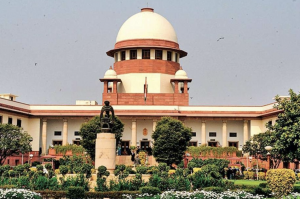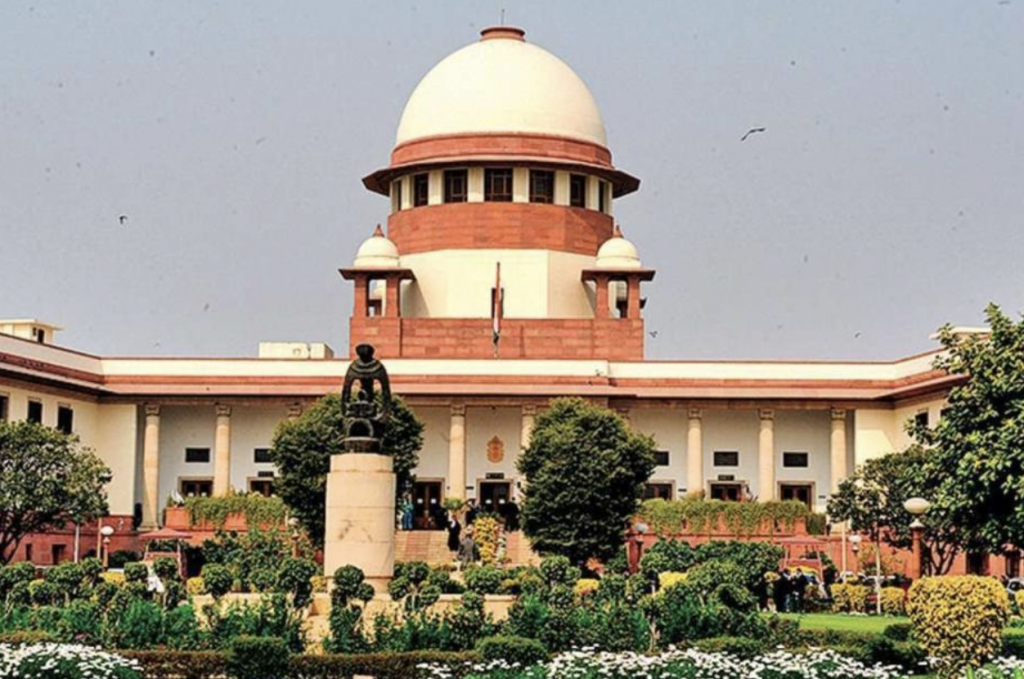NEW DELHI: On December 11, the Supreme Court will rule on appeals contesting the repeal of Article 370 of the Constitution, which granted Jammu and Kashmir unique rights. A bench charged with interpreting the constitution, led by Chief Justice of India D.Y. Chandrachud, had postponed rulings on a number of petitions contesting the central government’s action of repealing Article 370 and dividing the state into two union territories until September 5. Justices Sanjay Kishan Kaul, Sanjiv Khanna, Bhushan R. Gavai, and Surya Kant were also members of the five-judge bench.The petitioners contended that with the formation of the State Constitution in 1957 and the dissolution of the Jammu and Kashmir Constituent Assembly, Article 370 had taken on a permanent nature. Representing one of the petitioners, senior attorney Kapil Sibal stressed that Article 370 was not covered by Article 368, which deals with Parliament’s power to amend the Constitution. This raised serious concerns regarding the constitutionality of the abrogation procedure. The government argued that the provision was always intended to be temporary and that its abrogation was the final step towards J&K’s full integration with the Union of India. Attorney General R. Venkataramani, Solicitor General Tushar Mehta, and advocate Kanu Agrawal represented the government. Along with highlighting the benefits of the repeal of Article 370 in August 2019 and the impending elections, the respondents pointed out a route towards the restoration of full statehood after normalcy was restored. In August 2019, the Indian government made a historic but contentious decision to revoke Article 370 of the Constitution. The Jammu and Kashmir region was granted special autonomous status under Article 370, which gave it the right to have its own flag, constitution, and considerable internal autonomy—with the exception of defence, communications, and foreign affairs. The Union Home Minister Amit Shah and Prime Minister Narendra Modi led the central government in a daring move on August 5, 2019, when they revoked Jammu and Kashmir’s special status granted under Article 370. Additionally, the government divided the state into Jammu & Kashmir and Ladakh, two distinct union territories. Ladakh was made into a union territory without a legislature, but Jammu & Kashmir kept its legislature. The abrogation was put into effect by a presidential order that was later approved by the Indian Parliament’s two houses. To quell possible unrest, the decision was accompanied by a massive deployment of security forces in the area and a communication lockdown that included limitations on phone and internet services. The Supreme Court of India received petitions challenging the constitutionality of the government’s actions following the abrogation of Article 370, setting off a flurry of legal challenges. Proponents contended that it would foster economic growth, guarantee equal rights for all citizens, and open the door for further integration of Jammu and Kashmir into the Indian Union. Opponents countered that it went against the spirit of federalism and jeopardised the region’s special status as granted by Article 370.


